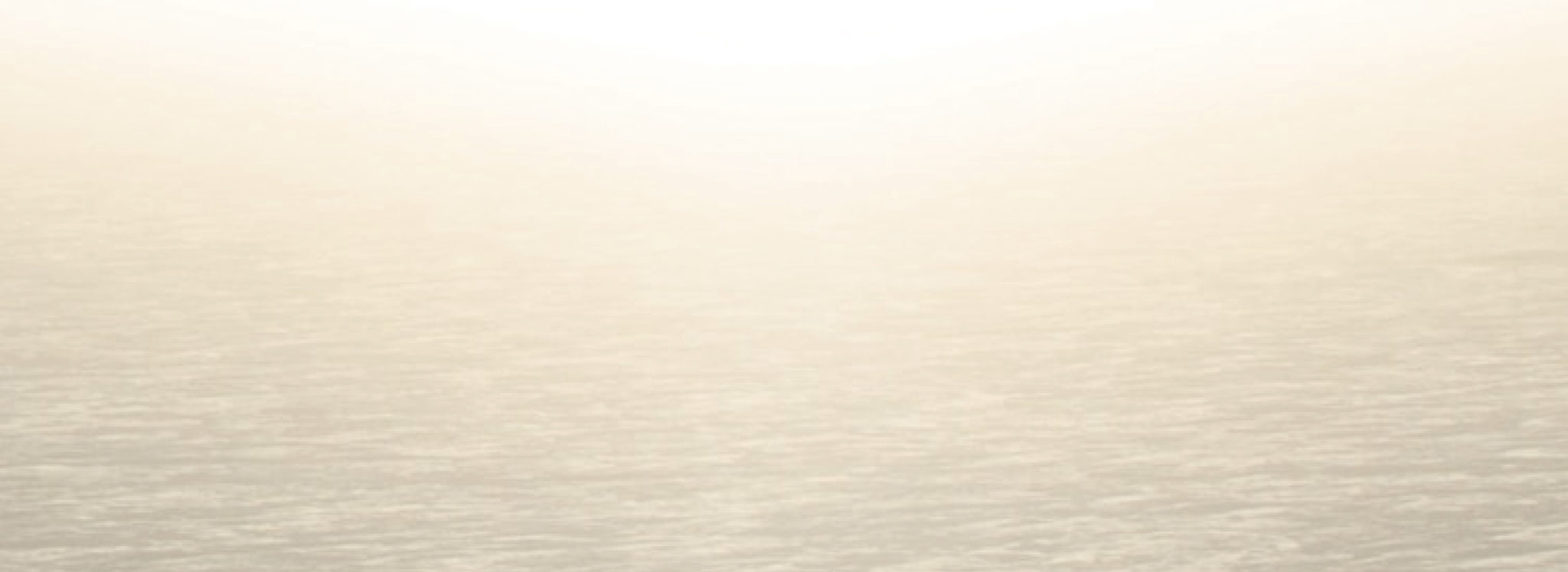- Health & wellness -
FREEDOM IS SOMETHING
YOU LEARN
AT A VERY EARLY AGE
Freer than ever! Children living in developed countries in 2020 appear to be well-cared-for compared to previous generations, yet a leisure-oriented high-tech society may well prove to be insidiously authoritarian for young brains who do not have the instruction manual. Learning freedom could well be the most beautiful gift that parents can give to their children...
MODERN LIFE, A FAIRYTALE FOR YOUNG AND OLD
Just a few decades ago, access to culture and education was reserved for an elite. Fortunately, the global rise in living standards in advanced countries and technological advances have changed the situation. Life has miraculously become easier with new possibilities of discovery and new advances. Travel has become more democratic in a world that is now almost free of borders. Leisure has acquired a considerable position, as working hours have dropped and the Internet has opened up infinite resources of knowledge and scholarship to all. The advent of digital technology was initially accompanied by a veritable utopia of sharing this knowledge and of absolute freedom... Until capturing attention became a source of income for digital giants, as Bruno Patino, author of an essay (1) dedicated to this new economy, explains, adding that “Repentant Silicon Valley geeks send their children to screen-free schools”. There is indeed a price to pay. By handing over the keys to our tastes and lifestyles to the GAFA algorithms, they hasten to anticipate, or rather deliberately format, our slightest desires through their recommendations: books, music, films, restaurants, cereal or cat food brands. You don’t even have to think anymore! A three-year-old child now knows how to handle a mobile phone, choose his program on Netflix and advise his parents to buy what he needs on the Internet. Zero regrets, the post-modern world is much better than the old one, but you have to know how to handle it.
A COCOON-LIKE YET DAUNTING CIVILIZATION
Comfortable, painless, friendly, digital society shapes an ultra-soft world that resembles us, thanks to the ‘likes’ we sprinkle around. It is normal that we feel so comfortable in this fourth dimension, as artificial as the intelligence that is taking control. Adults are of course aware that they sometimes end up scrolling through a candy-pink scenario running from story to story and decide to take a step back. But children? 84% of 13-19 year-olds and 24% of 7-12 year-olds own a smartphone. The average time they spend on the web is constantly increasing: four hours 10 minutes per week for 1-6 year-olds, five hours 40 minutes for 7-12 year-olds, 14 hours 10 minutes for 13-19 year-olds (2). Immersed in the great spider’s web of networks almost from birth, they do not always have the means to resist the merciless social commands driven by machines.
How can we give them the opportunity to become human beings who are free in terms of their tastes and choices, adults endowed with free will and the ability to make clear decisions? When everyone watches the same series, buys the same sneakers and prepares the same trendy recipes, it’s hard to identify one’s real desires.
THE ENDLESS QUESTION OF MEANING
Teaching children how to think freely rather than how to spend is a real challenge for parents today. Critical thinking should be part of the school curriculum so that every child can decipher contemporary society and acquire their autonomy. Wall-E computer-animated sci-fi movie released more than ten years ago already evoked the possibly premonitory prospect of an entire technological world turned towards consumption and leisure: a golden cage to which humans had lost the key. This is also the subject of the book by Michel Desmurget, doctor of neuroscience and research director at Inserm in France, harshly entitled La Fabrique du Crétin Digital (3) (The Digital Cretin Factory) which warns about the screen-time consumption before the age of six and even goes so far as to talk about decerebration! However, digital content represents a tremendous potential means for children to acquire culture, knowledge, or improve their vocabulary. This openness to the world can be valuable for youngsters who do not have the opportunity to be immersed in an intellectually stimulating environment. More than ever, the role of families is essential in order to refocus attention on value-added content and to address the issue of targeted content in children’s marketing. Their increasingly intrusive methods are proving to be daunting in artificially imposing desires on children, who sometimes no longer even have any particular desires. Is there anything sadder than dreamless children? Responsible parents of this century have an enormous duty to pass on to them the best aspect of humanity: freedom.
—
By Anne-Marie Clerc
Illustration : © R. Atlan
1. La civilisation du poisson rouge. Petit traité sur le marché de l’attention
(The goldfish civilization. A short treatise on the attention market) Grasset 2019.
—
2. Junior Connect annual survey conducted by Ipsos – July 2018.
—
3. Published by Editions du Seuil – August 2019.
Related articles
Jazz evenings
The Mont Cervin Palace is once more the place to be for dinner shows with jazz sessions.
The cheese factory
Emblematic gourmet recipes inherent to Valais cuisine are back.
A spectacular mountain show
Every moment spent on La Terrasse Valaisanne is an unforgettable experience.
Swiss traditions
The Bellevue Palace is a veritable attraction for the whole city.









